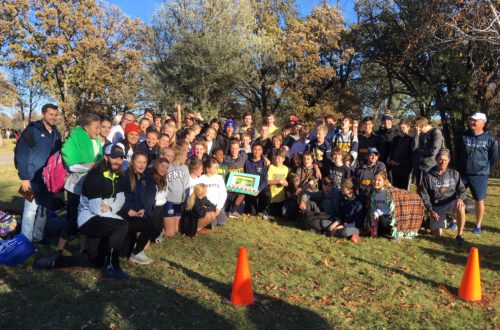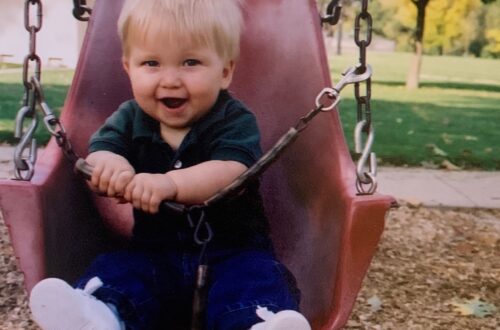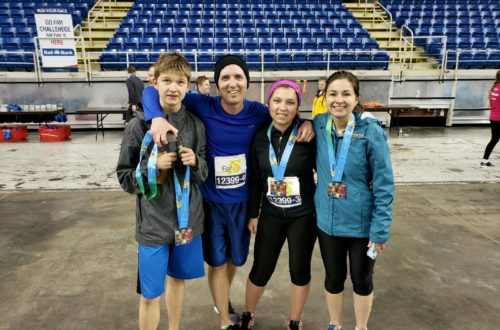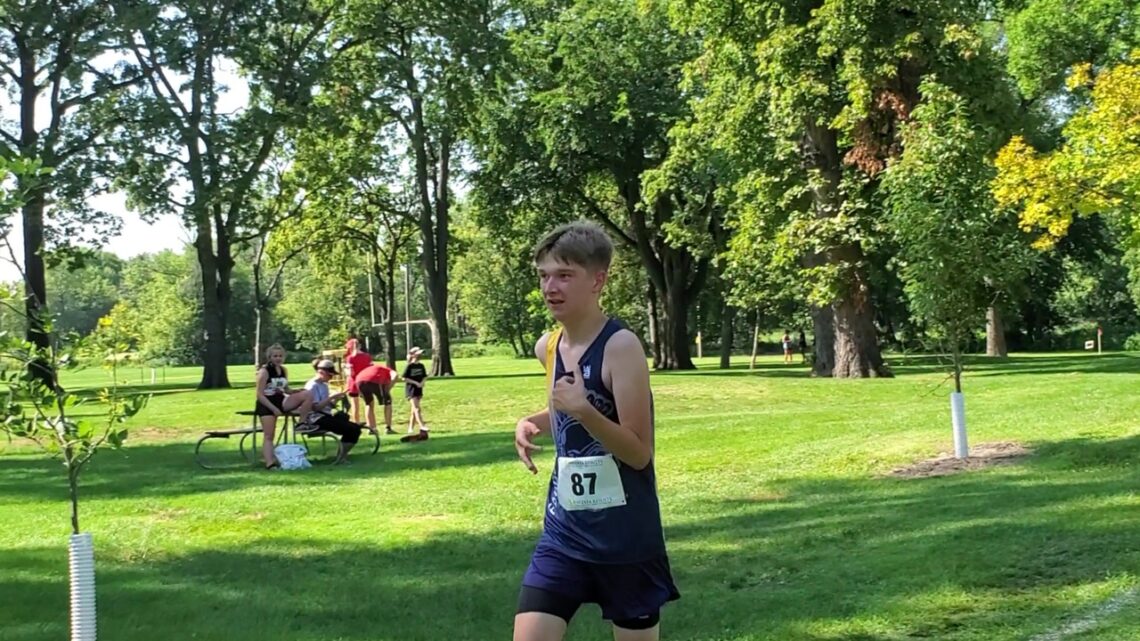
Faking it so everyone makes it
When I woke up for my long run on Saturday, I checked the weather on my phone. It was 22 Celsius (yes, I have my phone set to Celsius because that’s the only way I can understand temperature–that’s 71 Fahrenheit for everyone else) and 90 percent humidity. NINETY. I was supposed to run 14 miles that morning at mostly marathon pace. I got to mile 7 at a decent pace, but the weather was so brutal that at mile 8 the workout changed suddenly from “marathon pace” to “just do what it takes to make it back home.” I ran to mile 13. Walked the last mile in my socks because I had a huge blister on my toe. (I’ve never really appreciated the street sweepers until now).
When I came home, the first thing J asked me was, “how was your run?”
“Great!” I said. “It’s a great day for a run. It’s a great day for a race!”
W, who I’m sure had checked her phone, or at least poked her head outside, said, “It seems pretty hot out there to me.”
“It’s not bad,” I said. Yes, I lied. It was terrible weather to run in. “I think you guys are going to have a great race today. You’ve ran in hotter and more humid weather than this already this summer.”
Also another lie. I knew that it was only going to get hotter during the day, and that by the time W had her race at 2:30 and J at 3:30, the weather would be unbearable. But giving J and W that information would have been devastating. They would show up to the race as mental basket cases. Guaranteed to have mental and physical meltdowns within the first 1,000 meters or less. So I played the weather in as positive light as I could. “I have a good feeling about today,” I kept saying. “You guys are going to do so awesome today.” I had promised J a trip to Potbelly for shakes if he worked really hard in his race. “I can’t wait to have shakes tonight. J, I’m so excited for you to run.”
My kids have never run an early afternoon race. This was new for us.
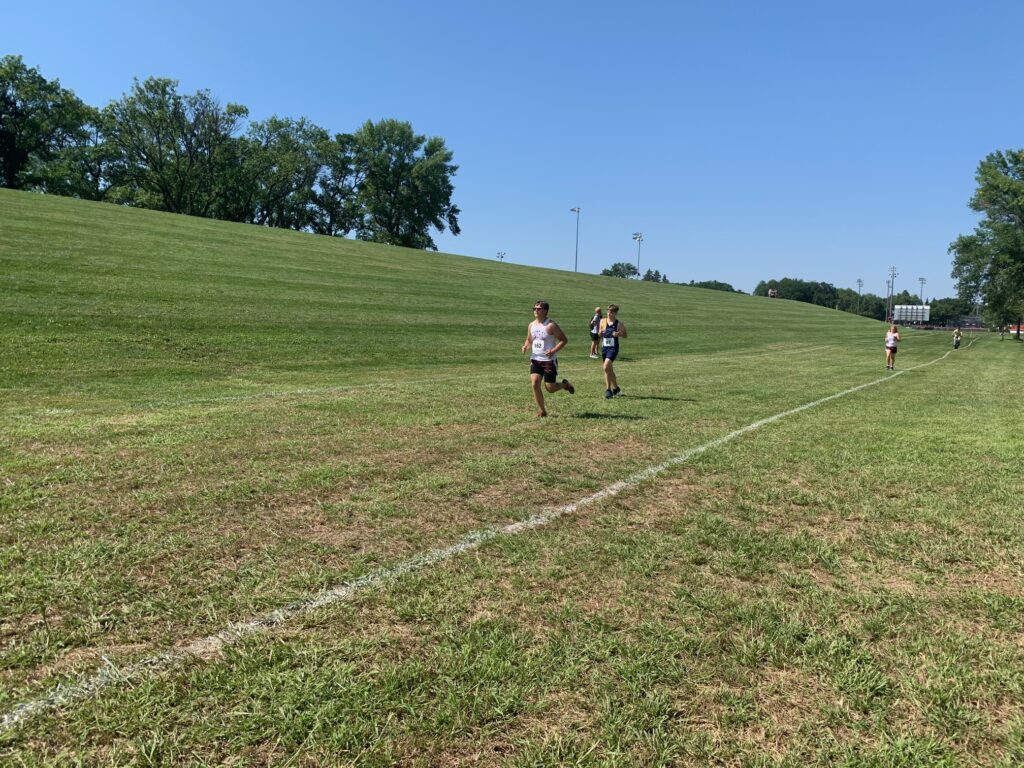
Because of COVID, XC meets (which we are still lucky to have) have been reworked to make them the most physically safe, socially distant events as possible. The meet was split into 3 main groups (with 1 Varsity race, 2 JV race for each gender and group), starting at 10:00 AM (a typical XC race starting time) and ending with the last race starting at 7:00 PM (not a typical XC time). Each race was limited to 4 teams and 40 athletes. There was a limit to 2 fans/parents per athlete. Team camps had to be spread far apart. Teams had to bring their own water. Teams were to arrive one hour before the race and leave immediately after cool down.
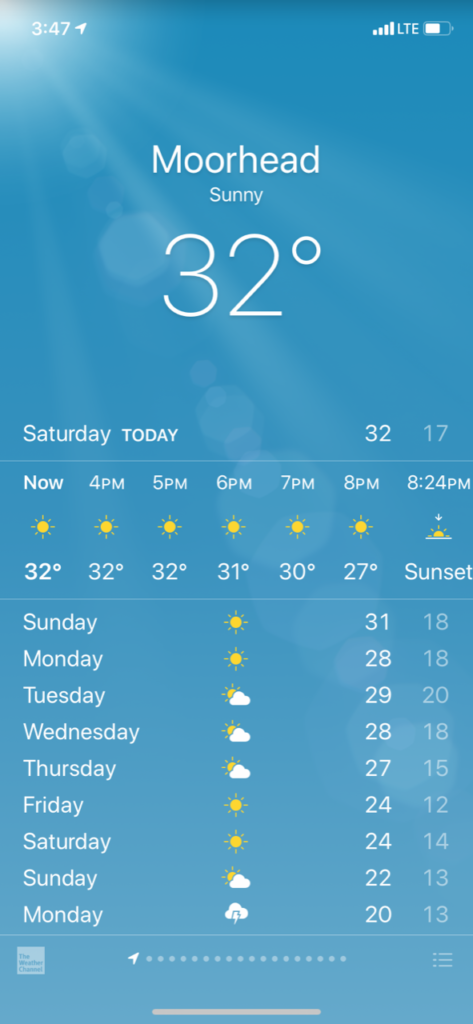
Although the humidity dissipated slightly (it was in the 60-70%) range by the time my kids were set to run, the temperature was unbearable (32 Celsius/90 F). Unlike my run in the morning, where the dew still hung close to the ground and the sky was still overcast, the sky was clear and the sun was penetrating. Many of our girls in the varsity race didn’t finish. Somehow, both my kids did. It was brutal, but they finished. And somehow, J survived the entire meet, including wearing a mask (in the 32C/60-70% humidity) the entire time except when he ran (and drank his water and Gatorade). That, my friends, is a huge autism win. I don’t think a lot of neurotypical adults could do that.
I’ve had a lot of thoughts about Saturday’s race. I’ve thought about how relatively easy it’s been for J to adjust to all of the COVID disruptions, new rules, and new lifestyle. At first I was surprised. But after thinking about Saturday, I’m actually not surprised that he’s handled it so well. All of his life he has had to adjust his comfort zone and follow what he sometimes considers the “irrational logic” of what the rest of us consider everyday life. Not once has he questioned wearing a mask. If that’s what everyone is supposed to do, he’ll do it. Since he’s been 2 years old, he’s had to wear things he didn’t want to and endure things that have given him sensory stress and anxiety. At this point in his life, he’s just accepted that if he’s been asked to do it, he better find a way to be okay with it and not complain. Ironically, it’s us “normal” people that have had a harder time adjusting to the new normal than J has.
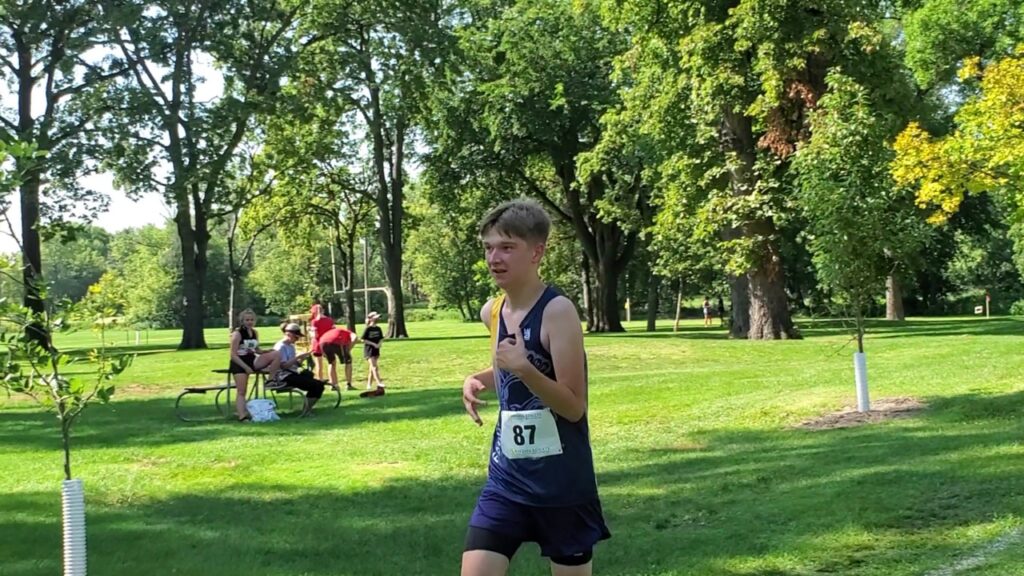
I’ve also been thinking about how important framing is. My friend posted on Sunday how important it is for educators to stop talking about and telling students how much they’re missing right now because of COVID. That’s a great reminder for us parents too. Kids don’t need that extra reminder of loss and negativity. At this point in the pandemic game, everyone understands that we’re in a pandemic, that things have changed, and we’re not getting back to normal anytime soon. So lets just focus on the things that are working and have dialogues about how to make the new things work for us, because kids are sick of hearing about how much they’re missing out.
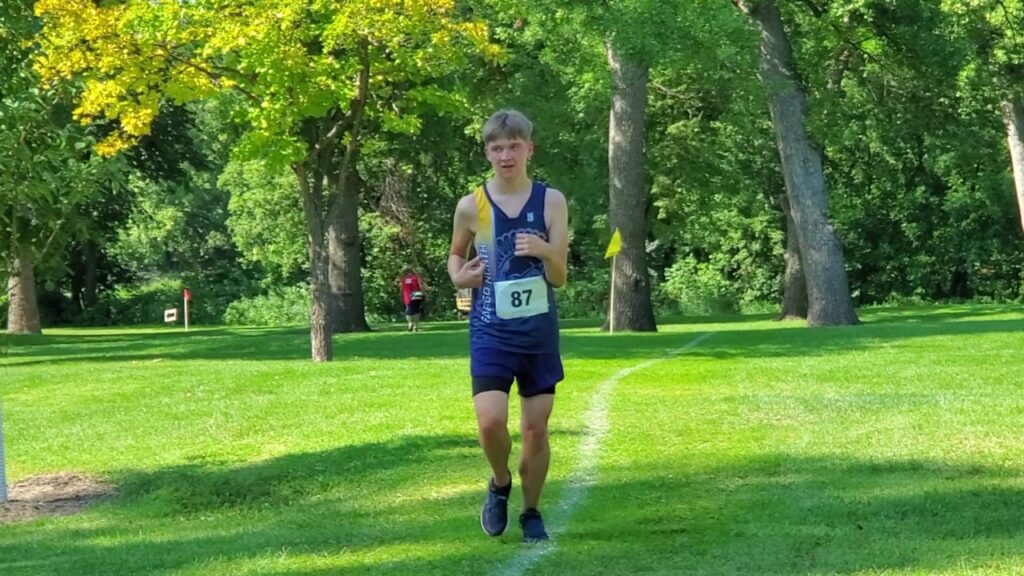
My own run Saturday morning was also a good reminder to try to assess, as best as possible, what I’m asking my kids to do. Because I knew how awful the weather was and how hard it was to run, I wasn’t as pushy on the sidelines. (I also reminded them not to tie their shoes too tight–the mistake I made that morning in the humidity). There were no, “go catch up to that person in front of you,” cheers on the sidelines. It was all, “you look so strong right now,” “I’m so proud of you,” “you’re working so hard,” “I like your effort it’s perfect.” It’s easy to ask big things out of our kids because we know they can do big things. It’s also easy to forget to check the literal and figurative temperature of the circumstances they have to work with and adjust our expectations accordingly.
Saturday’s race was totally different than anything my kids have experienced so far. The weather was probably some of the most brutal weather they’ve ever raced in. Measured up against the morning and evening races, where the temperature was a little more bearable, my kids probably ran a lot slower than their potential. But that’s okay. Because both of my kids felt like they had done their best, they stayed positive despite the challenges, and they were grateful to have their first race of the season.
Sometimes you just have to fake it to help everyone make it.


